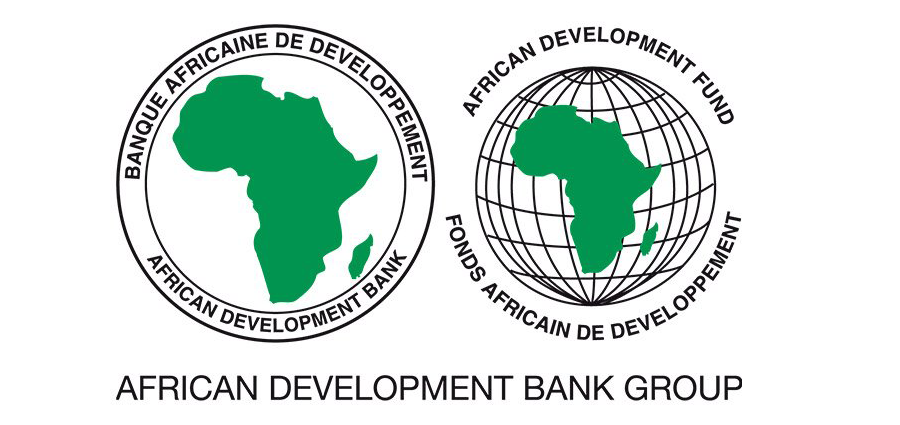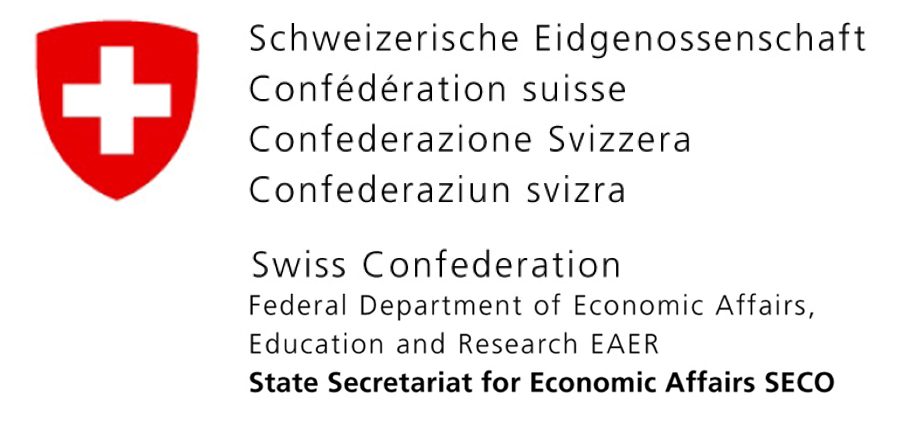Road Safety Lead Agencies: Good Practices
The Decade of Action for Road Safety encourages Governments to commit to the Decade of Action for Road Safety by implementing action plans that address the following five pillars:
- Better road safety management
- Safer roads
- Safer vehicles
- Safer road user behavior
- Better post-crash response.
Pillar 1 concerns the building of management capacity, the creation of multi-sector partnerships and dedicated lead agencies with the capacity to develop national road safety strategies, plans and targets, supported by data collection and evidential research to enable better design, monitoring and evaluation of effectiveness.
To lean more about managing road safety in Africa, consult the SSATP working paper 101 "A Framework for National Lead Agencies". Under its Second Development Plan, SSATP provided support to Ethiopia, Gambia and Senegal to improve their institutional framework for road safety.
Below are a series of good practices and guidelines for Pillar 1. Road safety agencies are invited to submit their own good road safety practices to SSATP so further examples can be added.
Cameroon
Coordination is becoming increasingly important in Cameroon where several different road safety stakeholders have initiated road safety activities, although on a limited scale. A National Road Safety Commission exists in Cameroon but it is a consultative ad hoc group, which limits its influence.
The Ministry of Transport who has the overall responsibility for road safety has established a Road Safety Department (RSD) to address the issue. The RSD is a sub-department in the Ministry’s Road Transport Department, which limits its mandate. Furthermore, it is charged with several management functions such as control of driving schools and vehicle inspection centers, and road accident sensitization and prevention. This has been a difficult task as the personnel are few and not sufficiently trained. Its many responsibilities also reduce its ability to address overall coordination and drive the road safety agenda on an overall level. The SSATP has therefore agreed to facilitate immediate capacity building for the RSD and representatives from other key agencies, starting with a Road Safety Management Capacity Review to create a clear prioritization of capacity building needs and road safety issues in the years to come. The Review will be done with support from Global Road Safety Facility.
The capacity building may include the development of a new National Road Safety Strategy and Action Plan including all stakeholders, and the identification of policy issues that supports it. The establishment and enactment of a dedicated National Road Safety Lead Agency will also be on the agenda.
Finally, World Bank is assisting the establishment of a database that can help improve the detail and consistency of accident data collected by the Gendarmerie. This can – with time – create a good basis for interventions aimed at road safety.
Ethiopia
Ethiopia, previously renowned to have one of the highest road fatality rates in the world, has taken several steps to improve the situation in recent years but has a long way to go. A National Road Safety Council (NRSC) was established by Act of Parliament in 2011 within the Ministry of Transport, to spearhead and facilitate road safety improvements on a federal level.
The objective of the National Road Safety Council (NRSC) is to develop road traffic safety strategy ad coordinate the concerned organs for its implementation.
The personnel have started to take office but need to build up its capacity and funding mechanisms for road safety. SSATP has therefore agreed to facilitate the development of a procedure for funding through the Ethiopian Road Fund, which will increase the NRSC’s ability to support road safety projects in general. A first case has been funding for development of the Ethiopian Roads Authority’s road safety audit capacity. This will be decided before the end of 2012.
SSATP also assists the contracting of a short-term Police Enforcement Specialist through Global Road Safety Facility for the newly established Federal Traffic Police, the NRSC’s most important ally. This is done with support from Global Road Safety Facility (GRSF). The Federal Traffic Police also needs to be prepared for targeted enforcement campaigns on the most accident-prone highways. One of the objectives for the short-term Specialist is therefore to identify needs for subsequent capacity building.
The two following presentations provide more information on the mission and achievements of the NRSC: NRSC 2014 and NRSC 2007.
SSATP provided operational guidance for the Ethiopian National Road Safety Council to effectively discharge its road safety management mandate. The proposed road safety management framework builds on a review of the functions and powers of the NRSC and of road safety management tasks (results focused approach, coordination, legislation, funding and resource allocation, road safety promotion, monitoring and evaluation, research and development and knowledge transfer). A set of generic road safety interventions is identified as well as typical results and indicators to monitor and evaluation road safety performance in Ethiopia.
Gambia
A wide range of organizations attended a workshop convened by the Ministry of Transport, Works and Infrastructure, and supported by the Africa Transport Policy Program (SSATP). The purpose of the workshop was to consider policy options for road safety improvements in The Gambia.
Here are the six strategic issues identified at the end of this workshop.
Senegal
SSATP and the Ministry of Transport jointly hosted a workshop in Dakar in December 2013 where various road safety stakeholders were invited to discuss options for strengthening the road safety management function within Senegal.
Here are a few documents related to the workshop:
- Two presentations untitled Road Safety Management one by Justin Runji and the other one by Martin Small
- A report about road safety management in Senegal
Zambia
The Road Transport and Safety Agency (RTSA) is the national lead agency in Zambia. Its operational assignment includes nationwide driver and vehicle examination and licensing, which is carried out by Traffic Inspectors at the regional offices.
A National Road Safety Plan is in place until 2013 and RTSA is supporting all stakeholders to promote road safety. RTSA is therefore already recognized as a Lead Agency but need to strengthen its role through implementation and coordination of interventions with other key agencies and stakeholders.
To address this need SSATP is facilitating the creation of a Pilot Project to create a case for coordination and progress in close cooperation with World Bank, RTSA, the Road Development Agency, and several other stakeholders.. The Pilot Project will concentrate on a selected corridor where engineering measures, vehicle examination, information, enforcement and emergency services can be combined for maximum impact. The Pilot Project will also involve the private sector. The project can at the same time be a catalyst for the preparation of a new National Road Safety Action Plan in 2013, and will as such strengthen the role of RTSA as lead agency for road safety.







